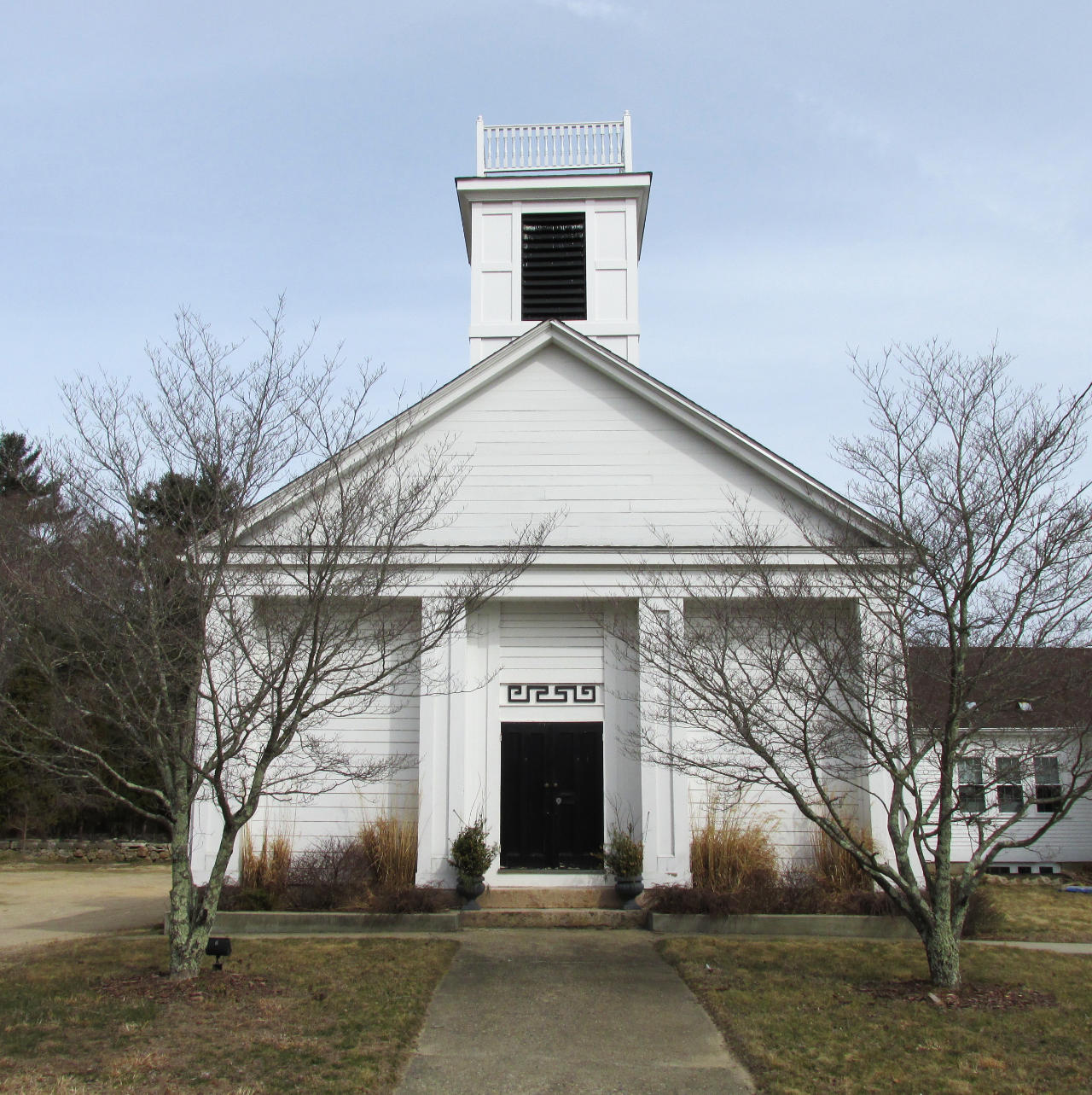State of Rhode Island Short-Term Rental Regulations
Short-term rental regulations vary depending on the location and may include zoning laws, occupancy and safety standards, taxation, licensing, and insurance requirements review our guides for more information specific to your city.
Reviewed by Derick Hargrave
Last updated October 15, 2023

Overview of Rhode Island Short-Term Rental Regulations
Information is maintained by the community to provide helpful insights and links to local regulations, HostScouts does not provide legal or investment advice.
Are you looking to start renting out your Rhode Island property on a short-term basis? With the rise of rental platforms like Airbnb and Vrbo, short-term rentals have become increasingly popular in recent years. However, there are important regulations that owners need to follow at both the state and local levels. This guide breaks down the key rules and requirements for short-term rental properties in Rhode Island. Read on to learn the essentials for hosts and guests alike.
What is Considered a Short-term Rental in Rhode Island
Short-term rentals, also known as vacation rentals, refer to properties rented out for less than 30 consecutive nights at a time. This includes entire homes, apartments, condos, rooms, and other living spaces.
Defining Short-term Rentals by Length and Property Type
According to Rhode Island law, 30 nights or less rentals are considered short-term. This applies to all kinds of properties, such as:
- Single-family houses
- Apartments
- Condominium units
- Bed and breakfast rooms
- Spaces like houseboats and RVs
It does not matter whether the entire property or just a room or shared space is being rented. The 30-night maximum defines them as short-term rentals under state law.
State vs. Local Jurisdiction Over Short-term Rentals
In Rhode Island, short-term rental oversight involves both State and municipal regulations:
-
The State requires registration of all short-term rentals advertised on hosting platforms like Airbnb. This applies statewide.
-
Individual cities and towns may have additional local rules, fees, zoning regulations, etc. These vary by municipality.
So, hosts must comply with state registration rules as well as any applicable local short-term rental ordinances.
Examples of Short-term Rental Situations in Rhode Island
Here are some common examples of short-term rental scenarios that would require following state and local rental rules in Rhode Island:
- Renting out a beach house in Narragansett for a 2-week stay during summer
- Listing a Providence apartment on Airbnb and renting it out for weekends
- Advertising rooms in a Newport bed and breakfast for nightly bookings
- Posting a houseboat docked in Bristol on Vrbo and renting it for a week
The rentals are for 30 nights or less in all of these cases, so state registration and local requirements would apply.
Starting a Short-term Rental Business in Rhode Island
Want to earn extra income by renting out your property to vacationers? Here is what Rhode Island owners need to know about getting started.
Registering Your Short-term Rental Property with the State
The State of Rhode Island requires registration of all short-term rentals listed on third-party hosting platforms like Airbnb, Vrbo, booking sites, and real estate brokers.
You must register with the Department of Business Regulation as the property owner. The registration process involves:
- Submitting key details about the rental, including contact info, address, and rooms available
- Paying a $50 registration fee
- Renewing the registration every 2 years
Failing to register comes with escalating civil penalties starting at $250.
Checking Local Rules and Registering with Municipalities
In addition to state registration, many Rhode Island cities and towns have their own short-term rental ordinances and requirements.
These may include things like:
- Municipal registration, licensing, or inspection processes
- Nightly or annual rental fees and taxes
- Occupancy limits, parking rules, noise ordinances
- Zoning regulations dictating where short-term rentals are allowed
Hosts should thoroughly research the local laws where their rental property is located. If required, complete any municipal registration and ensure compliance.
Tips for Smoothly Starting Your Short-term Rental
Follow these tips for getting your Rhode Island short-term rental business off the ground:
- Carefully read and understand state laws, local ordinances, zoning rules, etc.
- Evaluate insurance needs – consultants can help assess risks and coverage options
- Develop house rules, booking policies, and rental contracts
- Ensure the property is clean, comfortable, and prepared for guests
- Respond to guest inquiries and bookings in a prompt, friendly manner
- Register with the State and municipality (if required) well in advance
- Consult an accountant on taxes, deductions, record keeping, and other financial aspects
Doing things right will lead to happy guests, positive reviews, and rental success!
Housing Rules and Requirements for Rhode Island Short-term Rentals
Rhode Island laws impose various housing rules and requirements to protect public safety. Here are some key regulations hosts should know.
Occupancy Limits to Prevent Overcrowding
Both state and local laws contain occupancy standards to prevent Overcrowding in short-term rental properties.
-
The state fire code limits overnight occupants to two per bedroom, plus two additional people. Children under 12 do not count toward the limit.
-
Municipalities often have stricter occupancy rules. For example, some towns cap overnight guests to 10 people or less.
Exceeding established occupancy limits can result in fines or other penalties.
Fire Safety and Inspection Requirements
Fire safety is a major concern with short-term rental housing. State and local regulations address various aspects of fire prevention and protection:
-
Working smoke detectors must be installed on every level, in every bedroom, and in the common halls of the rental property.
-
Carbon monoxide detectors are also required on every level with sleeping quarters.
-
Some municipalities require annual inspections focused on safety issues like smoke detectors, fire extinguishers, escape routes, and more. Hosts may need to schedule and pass these inspections.
Insurance Considerations for Short-term Rental Owners
Standard homeowner's or renter's insurance often does not cover short-term rentals. Experts recommend hosts consider the following:
- Homesharing insurance to cover rental activities
- Umbrella insurance for extra liability protection
- Checking policy exclusions for things like commercial use
Insurance can help protect against property damage, accidents, lawsuits, and other issues stemming from short-term guests.
Taxes on Rhode Island Short-term Rental Properties
Money earned from short-term rentals is taxable income for hosts. Proper reporting and payment of taxes are crucial for rental owners.
Rhode Island State Taxes on Short-term Rentals
At the state level, short-term rental hosts must pay:
-
Sales tax - Currently, 7% is imposed on rental income. Collected from guests.
-
Hotel tax - 6% added state hotel tax also applied to rental income.
-
Income tax - Rental income is subject to Rhode Island's income tax. Can deduct rental expenses.
Hosts must obtain a sales permit, collect applicable taxes from guests, file returns, and remit taxes owed.
Local Taxes on Short-term Rentals in Rhode Island
Cities and towns frequently levy additional local taxes on short-term rental properties: Local lodging taxes - Some municipalities charge their own hotel or lodging taxes ranging from 1-5% on rentals. Local sales taxes - Municipal sales taxes may apply in addition to the 7% state sales tax. Tourism district taxes - Special taxes added in tourism districts like Newport, Woonsocket, Providence, etc. Hosts should verify if they need to collect any applicable local taxes from guests.
Penalties for Failure to Pay Short-term Rental Taxes
Rhode Island imposes strict penalties for hosts who do not properly comply with tax obligations:
- Up to $10,000 in fines for failure to register properly or collect/remit owed taxes
- Interest and penalties on unpaid taxes
- Possible criminal charges for tax evasion over $5,000
Maintaining detailed records and working with an accountant or tax professional can help hosts remain compliant and avoid penalties.
Rhode Island Airbnb Regulations by City
Information is maintained by the community to provide helpful insights and links to local regulations, HostScouts does not provide legal or investment advice.





